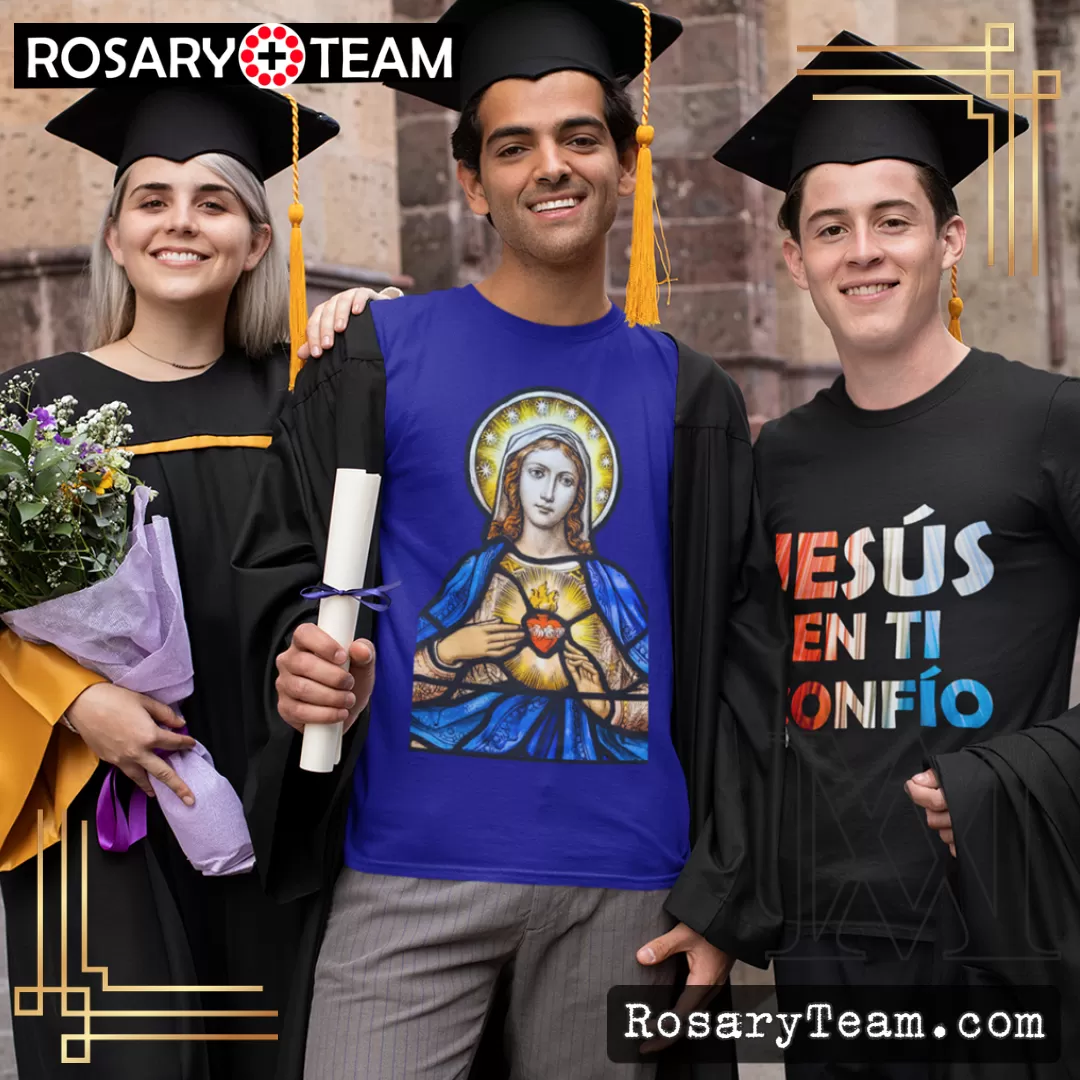Thursday, February 13 : Vatican Council II

In our time, when day by day mankind is being drawn closer together and the ties between different peoples are becoming stronger, the Church examines more closely her relationship to non-Christian religions. In her task of promoting unity and love among men, indeed among nations, she considers above all in this declaration what men have in common and what draws them to fellowship. One is the community of all peoples, one their origin, for God made the whole human race to live over the face of the earth (cf. Acts 17:26). One also is their final goal, God. His Providence, his manifestations of goodness, his saving design extend to all men (cf. Wis 8:1; Acts 14:17; Rom 2:6-7; 1 Tim 2:4), until that time when the elect will be united in the Holy City, the city ablaze with the glory of God, where the nations will walk in his light (cf. Rev 21:23ff.). Men expect from the various religions answers to the unsolved riddles of the human condition, which today even as in former times deeply stir the hearts of men… Religions…try to counter the restlessness of the human heart, each in its own manner, by proposing “ways,” comprising teachings, rules of life and sacred rites. The Catholic Church rejects nothing that is true and holy in these religions. She regards with sincere reverence those ways of conduct and of life, those precepts and teachings which, though differing in many aspects from the ones she holds and sets forth, nonetheless often reflect a ray of that Truth which enlightens all men. Indeed, she proclaims and ever must proclaim Christ “the way, the truth, and the life” (Jn 14:6), in whom men may find the fullness of religious life, in whom God has reconciled all things to himself (cf. 2 Cor 5:18-19).
Roman Catholic Ordinary Calendar – rosary,team
















